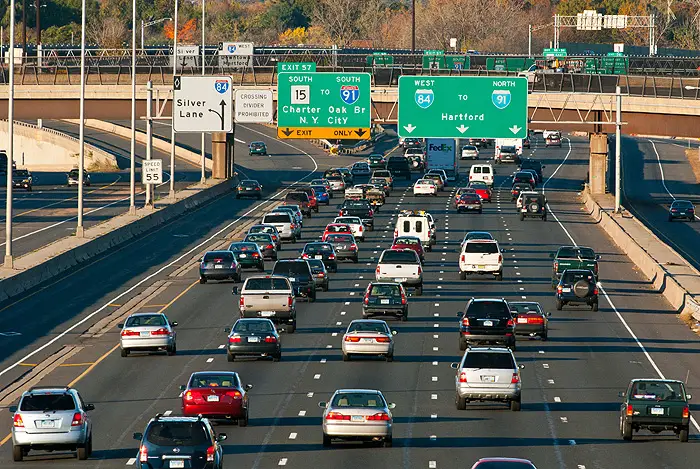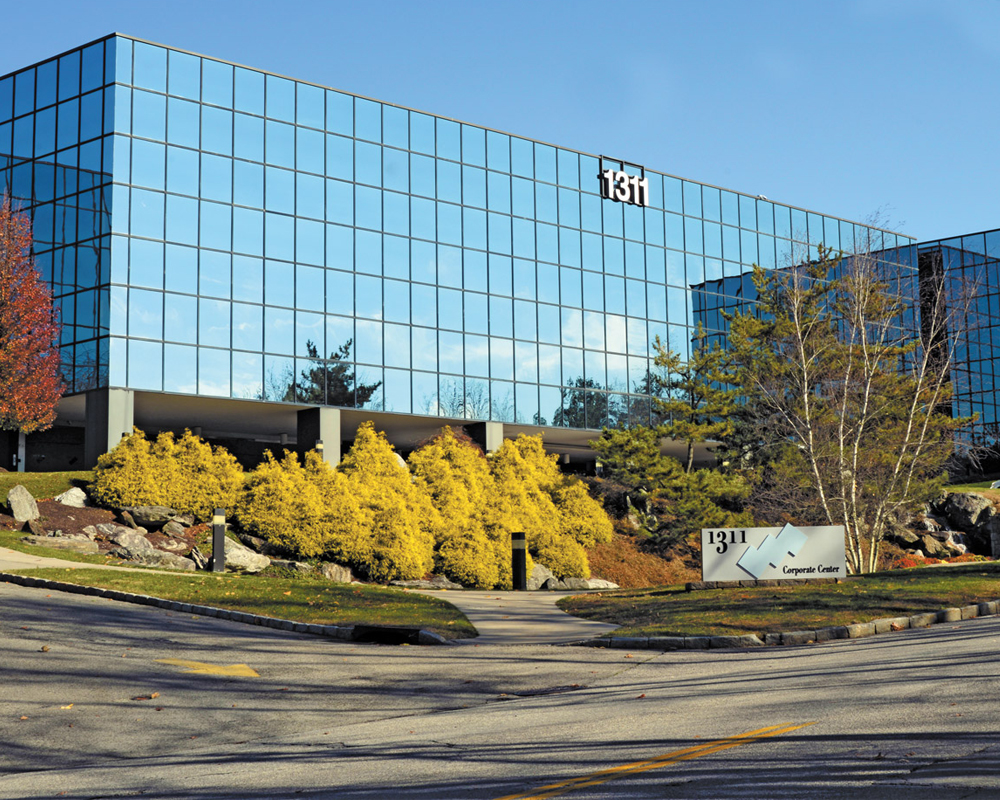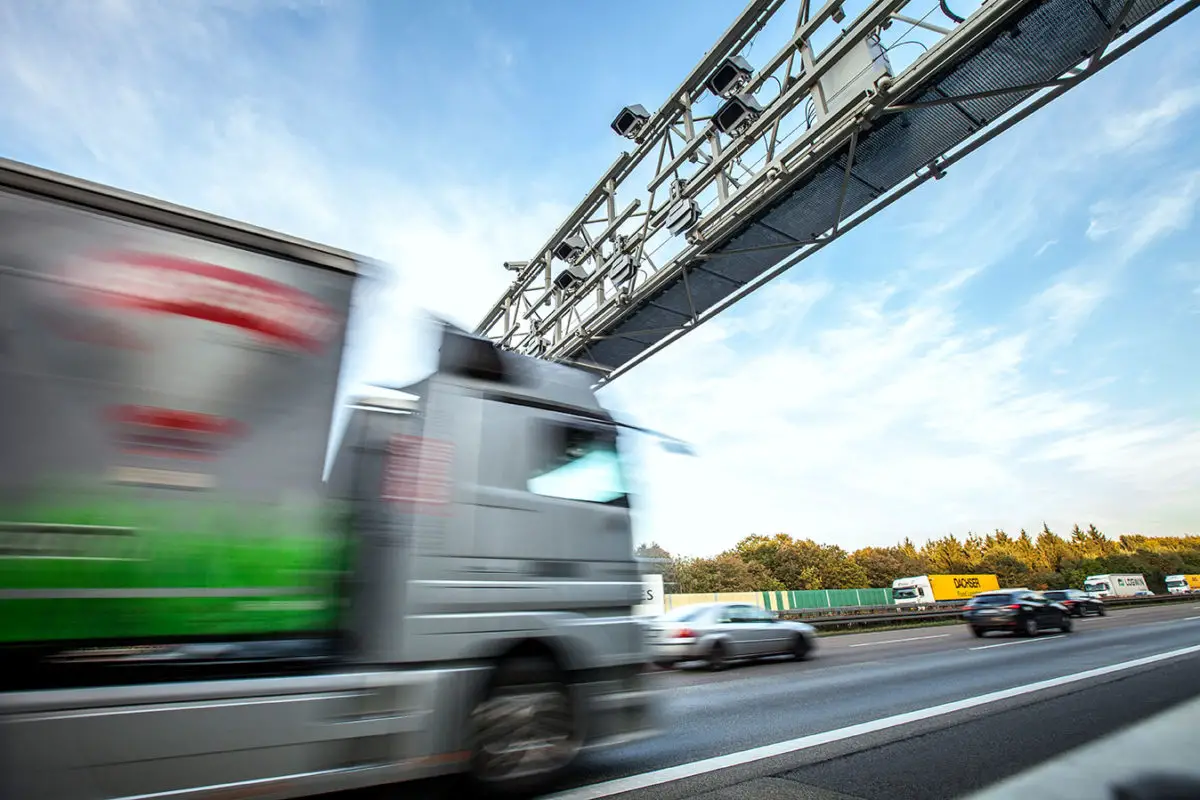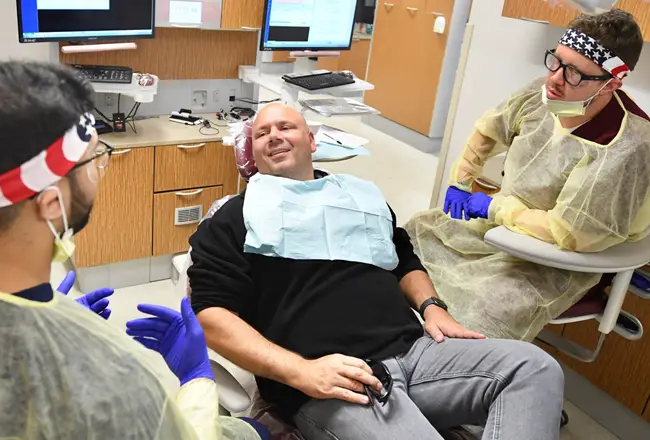Facing a potentially uphill battle with his controversial plan to establish 14 tolls on several Connecticut highways, Gov. Ned Lamont is lining up business leaders in favor of the move and promising to hold town halls to discuss the issue with residents.
The future of Lamont”™s ambitious 10-year, $21 billion CT2030 plan was very much in doubt, with state Republicans remaining skeptical and several of his fellow Democratic lawmakers hedging their bets as next year”™s election looms.
CT2030 addresses the implementation of a host of changes to the state”™s highways, trains and airports, funded by income from tolls on 14 bridges, low-interest federal loans and other sources.
 The CEOs and presidents of Boehringer Ingelheim, whose U.S. headquarters is in Ridgefield, Stanley Black & Decker, Pratt & Whitney, Aetna, The Hartford and Travelers all released statements in favor of the plan on Nov. 12, the day Lamont held a press conference on the issue in Hartford.
The CEOs and presidents of Boehringer Ingelheim, whose U.S. headquarters is in Ridgefield, Stanley Black & Decker, Pratt & Whitney, Aetna, The Hartford and Travelers all released statements in favor of the plan on Nov. 12, the day Lamont held a press conference on the issue in Hartford.
“Transportation remains a critical issue to unlock Connecticut”™s economic future,” wrote Boehringer Ingelheim CEO Wolfgang Baiker. “We applaud Governor Lamont”™s willingness to address transportation in the state with a comprehensive plan. Transportation significantly impacts residents and business alike. We hope state leaders will continue the conversation and take action on this important issue.”
Republicans are wary of CT2030, continuing to maintain that tolls are an unnecessary additional “tax” on residents. Prices proposed would be between 50 cents and $1 for passenger vehicles and $3.50 to $7 for heavy trucks, with a 20% discount for drivers with Connecticut-issued transponders.
Out-of-state drivers hit by the toll would include New York state motorists traveling a roughly 1.4-mile stretch along I-684 through Greenwich. Bedford, New York Town Supervisor Chris Burdick has objected to the proposal, and said he expects to form a coalition with other Westchester County political leaders to protest against it.
Connecticut Democrats, whose support for tolls was once practically a given, seem to be having second thoughts. Senate President Martin Looney has continued to express support, but said he hoped to pass any measures including tolls in a bipartisan fashion. He also suggested that infrastructure repairs could be funded instead by legalizing marijuana and sports gambling ”“ ideas that would also be a hard sell to state Republicans and the federal government alike.
Also calling for a bipartisan approach was Pratt President Robert F. Leduc, who in speaking in favor of CT2030 said he urged “all of our leaders in state government to work together with urgency to pass a fiscally responsible transportation plan that will help position Connecticut for the future.”
Karen Lynch, executive vice president of CVS Health and president of the Aetna Business Unit, also expressed hope for a bipartisan dialogue.
In the House, Speaker Joe Aresimowicz and Majority Leader Matt Ritter, both Democrats, have expressed their support for CT2030, as have state Reps. Stephen Meskers of Greenwich and Steve Stafstrom of Bridgeport. Lamont has met with members of the House and was still planning to do so with state senators.
Democrats have a 22-14 majority in the Senate and a 91-60 advantage in the House. An 18-18 tie in the Senate ”“ an eventuality that is no longer out of the question ”“ would be broken by Lt. Gov. Susan Bysiewicz.
The governor is also still making his case to municipal leaders, holding a Nov. 12 conference call with several, including Newtown First Selectman Dan Rosenthal. The Democrat said that while “I credit the governor for trying to address our infrastructure, I still have deep concerns about the whole thing.”
Among those concerns are how traffic on local roads could be impacted as drivers try to sidestep highway tolls. Rosenthal said he was told that the state Department of Transportation has a study on that impact, but it was not immediately available.
Rosenthal said he looked forward to seeing an alternative GOP plan that is scheduled to be released today. Only after fully vetting both plans would he decide upon where his support would lie, Rosenthal said.
The first selectman said Lamont promised those on the conference call that the toll rates would be set for “at least 10 years,” meaning the Legislature could not “on a whim raise those prices.”
SPLIT ALONG PARTY LINES
“Like many residents in Stamford, I don”™t like paying tolls,” said Stamford Mayor David Martin, “but I applaud the governor”™s courageous commitment to fixing our transportation infrastructure while being financially responsible. We all have to face the tough choices and cannot keep kicking the can down the road.”
Norwalk Mayor Harry Rilling also said he wasn”™t excited about paying tolls, but told the Business Journal that while “I understand both sides of the issue, Connecticut”™s infrastructure is a disaster. Every state around us charges a user fee, and we need to make out-of-state users pay their fair share for the wear and tear on our highways.”
Rilling described CT2030 as “probably the best version (of Lamont”™s tolling plan) that I”™ve seen.” Previous iterations would have installed up to 50 toll gantries around the state.
Ridgefield First Selectman Rudy Marconi has expressed his support, while Bridgeport Mayor Joe Ganim said he was still reviewing CT2030.
“It is unclear how it may benefit our local strategic plans,” Ganim said, allowing that the plan”™s stated interest in possibly returning commercial air service to Sikorsky Airport is of particular interest to the city.
On the Republican side, Danbury Mayor Mark Boughton and Shelton Mayor Mark Lauretti, both of whom ran unsuccessfully for governor last year, have voiced their opposition to tolls and attended anti-toll protests in their cities. State Rep. Brenda Kupchick, who recently was elected First Selectman of Fairfield, has also been against the idea, as have state Reps. Laura Devlin (Fairfield, Trumbull) and Mitch Bolinsky (Newtown) and state Sen. Tony Hwang (Fairfield, Westport, Weston, Easton and Newtown).
Maintaining opposition to the plan are the grassroots No Tolls CT group and The Motor Transport Association of Connecticut, which represents hundreds of small businesses across the state.
“The average 18-wheel tractor-trailer in Connecticut already pays more than $17,000 in state and federal road taxes annually, and the state gets up to $30 million per year from out-of-state trucks traveling in Connecticut,” said MTAC President Joseph R. Sculley. “The best way to relieve highway congestion and improve Connecticut”™s infrastructure is to ensure that our road taxes are spent on roads and bridges, so that we can replicate good projects like the recently completed I-84 Waterbury project, which did not require tolls.”






















